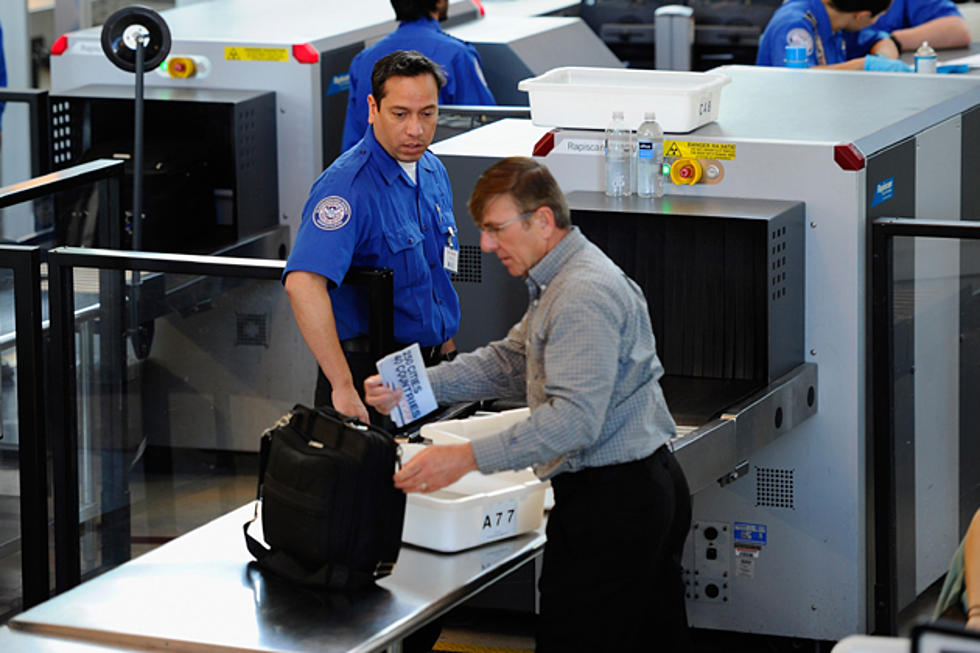
Looking for a Big Raise? Here’s Where You Should Move
If you expect to see a giant pay increase next year, a new study suggests you had better head west.
According to research conducted by human resources firm Aon Hewitt, workers in Denver, Colorado will reap the most benefit from those large pay raises that are expected to sweep the country in 2013 — with a projected salary increase of nearly four percent.
While that might not be enough scratch for those not acclimated to the Rocky Mountain elevation and the 60 plus inches of snowfall that gets dumped across the state every year, the study indicates that Texas might not be a bad alternative with Austin, Dallas/Fort Worth and Houston all likely to see more than the anticipated three percent national average.
Other cities where workers will likely see more than average pay increase include Detroit and Kansas City, while places like San Francisco, Chicago and Minneapolis/St. Paul can expect to see lower than average raises.
However, the increases are already happening. The study found the average base salary increase for workers across the country increased 2.8 percent this year — just up from where it was in 2011.
“It is unlikely that salary increases will reach pre-recession levels of four percent or higher any time soon,” said Ken Abosch, compensation marketing, strategy and development leader at Aon Hewitt. “Companies are more impacted by the global economy than ever before; as a result, organizations continue to be conservative with their spending, but we anticipate that attitude will remain even after the economy rights itself — holding down spending on base pay is the new normal.”
Still, research discovered that blue collar workers hard at it in the milling and mining industry will likely see pay increases more substantial than any other industry — nearly four percent, while people working in education, rubber/plastic/glass, government and medical services will see the lowest.
The key factor in these pay raises seems to be in how companies are determining who gets them. Out of the 1,300 US companies surveyed, 90 percent are spending less on base pay increases, and rewarding high performance workers with larger bonuses instead.
More From WNBF News Radio 1290 AM & 92.1 FM



![300-Pound Pee Wee Football Player Banned from League Due to Size — Is It Fair? [POLL]](http://townsquare.media/site/499/files/2012/08/Elijah.jpg?w=980&q=75)





